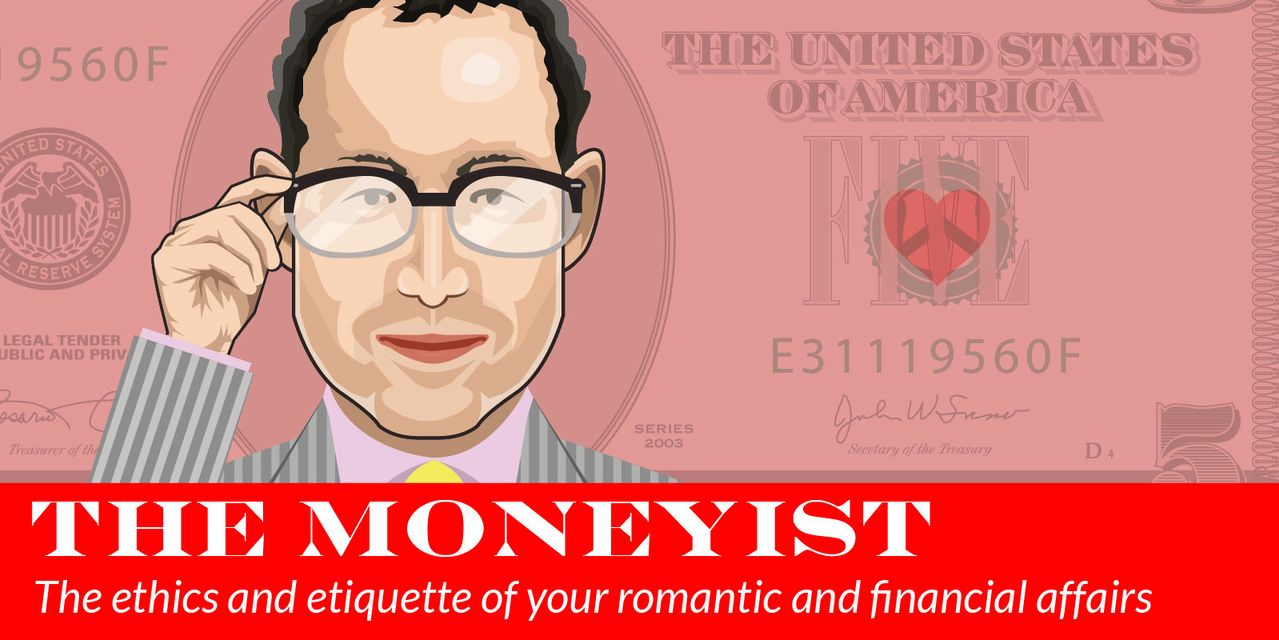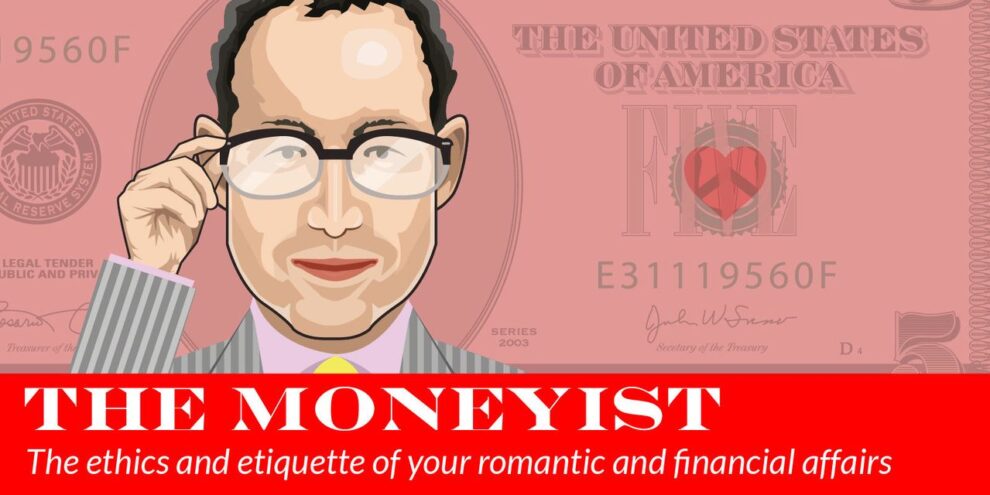
Dear Quentin,
I am a 33-year-old female and I have a boyfriend who is 37. I make about twice as much as he does. We have been talking about marriage, having a baby, and buying a house, etc. which I love to do as I see the future with him, and I do love him. However, I do also have a few concerns about our future.
“‘I make about twice as much as he does.’”
He has a full-time job and he once told me that he was not making enough money to pay rent, his personal loans etc., and he had to use his savings. (He got a chunk of money when he divorced.) He was having trouble making ends meet until I moved in and we started to split the rent, utilities, and groceries.
I am afraid that it will strain our relationship if I am the one who ends up paying most of the expenses, and I feel like it is not fair. Do I not love him enough to be OK with it? Am I being cheap? I am not sure what I should do to feel comfortable with his financial issues. I would like to have some peace of mind. Please help.
The Future Wife
Dear Future,
There is a big difference between someone being paid less than their partner, having trouble managing their finances, and being a layabout and/or reckless with their money. In your case, it sounds like your partner has gone through a divorce, and needed time to steady the ship financially. He was open with you about his financial struggles, and before you get married you should be equally open with each other about balancing your books.
Marriage is a contract — a romantic and business contract, given that you are legally and financially bound to each other till death or divorce do you part — so this is a good time to have a conversation about where you would both like to be in five years: what savings you will need to buy a home, and have children. But in order to do this, you need full transparency. Your anxiety probably comes from your hesitancy to have this conversation with your boyfriend.
The last couple of years have been rocky for most people’s finances, even without factoring in a divorce. The percentage of people who say they have kept financial secrets from their partner reached an all-time high of 32% in 2022, an increase of 11% on last year, according to the latest edition of TD America’s “Love & Money” report, which polled more than 1,700 U.S. adults who are either married, in a committed relationship or divorced.
Half of those polled said they will “never” reveal their secret to their partner, and three quarters said they would “never” tell anyone their secret. The most common financial secrets pertain to a big purchase (40%), followed by significant credit-card debt (18%), or a secret bank account (13%, not an uncommon secret in surveys of this type). Perhaps this bodes well for you: 50% of people in unhappy relationships keep a financial secret versus only 32% in happy relationships.
Talk about your financial situations and do so on a regular basis just as you would talk about your work progress with your manager, or your emotional wellbeing with a therapist. The more frequent and open these conversations are, and the more comfortable you are sharing your hopes, dreams, ambitions and concerns the better. You’re not cheap, you’re just cautious, and given your partner’s financial insecurity you are entitled to feel that way.
The fact that he received a large divorce settlement, and found himself in dire financial straits is somewhat concerning, but perhaps not an insurmountable problem. Untangle that mystery before you proceed.
Check out the Moneyist private Facebook group, where we look for answers to life’s thorniest money issues. Readers write in to me with all sorts of dilemmas. Post your questions, tell me what you want to know more about, or weigh in on the latest Moneyist columns.
The Moneyist regrets he cannot reply to questions individually.
By emailing your questions, you agree to having them published anonymously on MarketWatch. By submitting your story to Dow Jones & Co., the publisher of MarketWatch, you understand and agree that we may use your story, or versions of it, in all media and platforms, including via third parties.
Also read:








